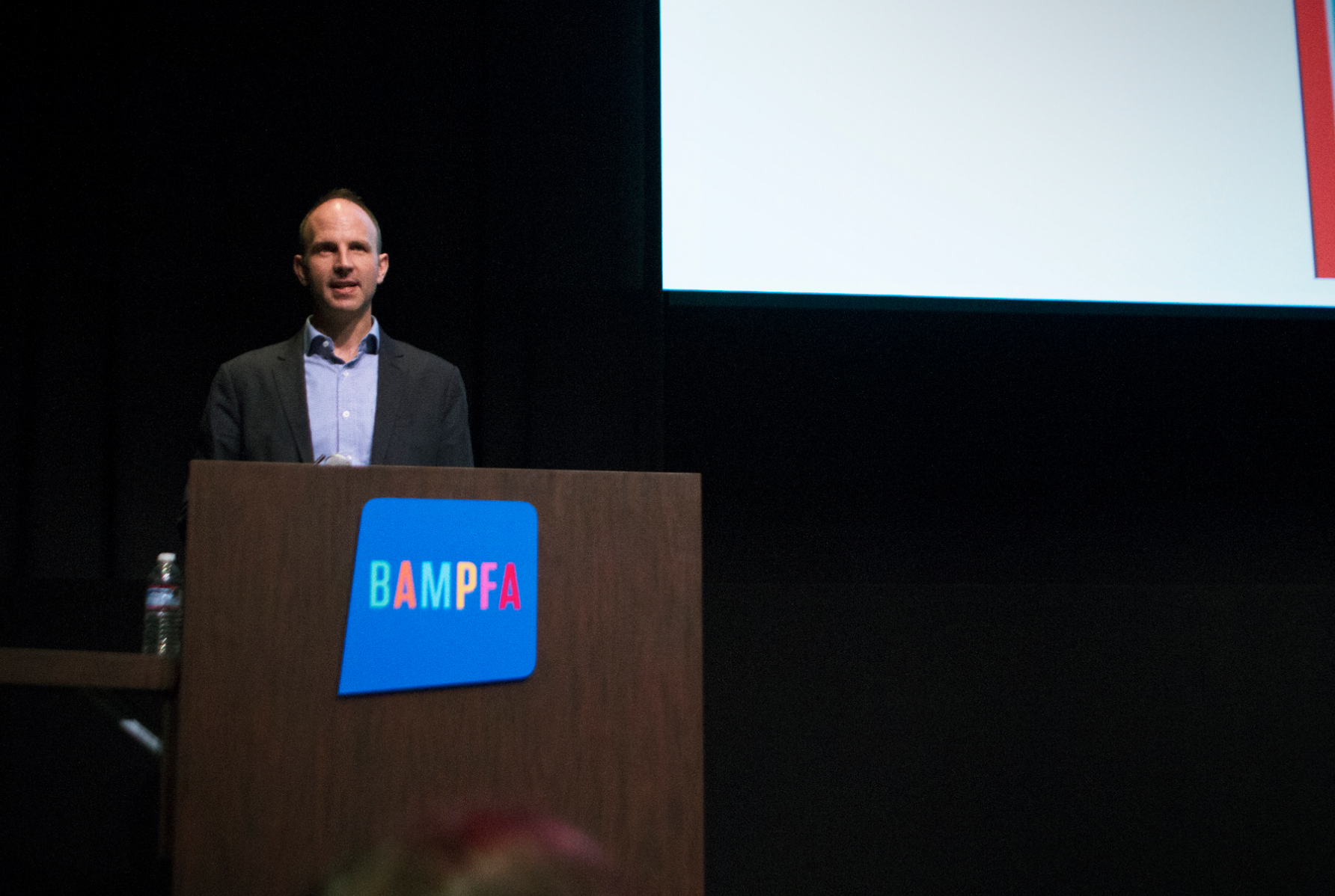ATC Revisited: Kevin Delaney

Recap by KC Forcier, the 2018-2019 Graduate Liaison for the Art, Technology, and Culture Colloquium.
Kevin Delaney: News of the Future and the Future of News
Kevin Delaney, Editor in Chief and Co-CEO of the online business news publication Quartz, delivered an optimistic talk last week on “The News of the Future and the Future of News.” As a veteran journalist - he was a reporter for the Wall Street Journal for many years - Delaney is clear-eyed about the extreme transformations the news business has experienced in recent decades, as well as about the challenges it continues to face. Yet on the whole he is optimistic about the future of the field.
While numerous web-based news publications that were promising at their launch have folded - Gawker is a prominent example - Quartz continues to thrive. If Delaney acknowledged that part of Quartz’s success may be attributed to the fact that business news is a genre of journalism that advertisers and corporate subscribers are willing to pay for, he also points to deliberate choices made about how they publish the news. Editors rather than algorithms curate the front page of the Quartz app, for example, which Delaney argues maintains a level of integrity that subscribers value.
Delaney asserted the need for news publications of the future to break free of the model of newspaper manufacturing from previous centuries. Much of the way we still consume news - the length of articles, the number and placement of photos, for example - are unnecessary holdovers from the material constraints of the printing press. Quartz is experimenting with new forms of delivering news content - as a bulleted list, for example, or in dialogue form.
In part, Delaney’s optimism stems from his determination that for democracies to thrive, they need a robust professional news media, one that is held accountable for a level of truth and thoroughness. “Journalism as an important public service event if there isn’t a great business model,” he argued, pointing to various sponsored or non-profit news organizations as alternative models for a sustainable news industry. “The future of news will likely be hard, but it’s not optional,” he concluded.

